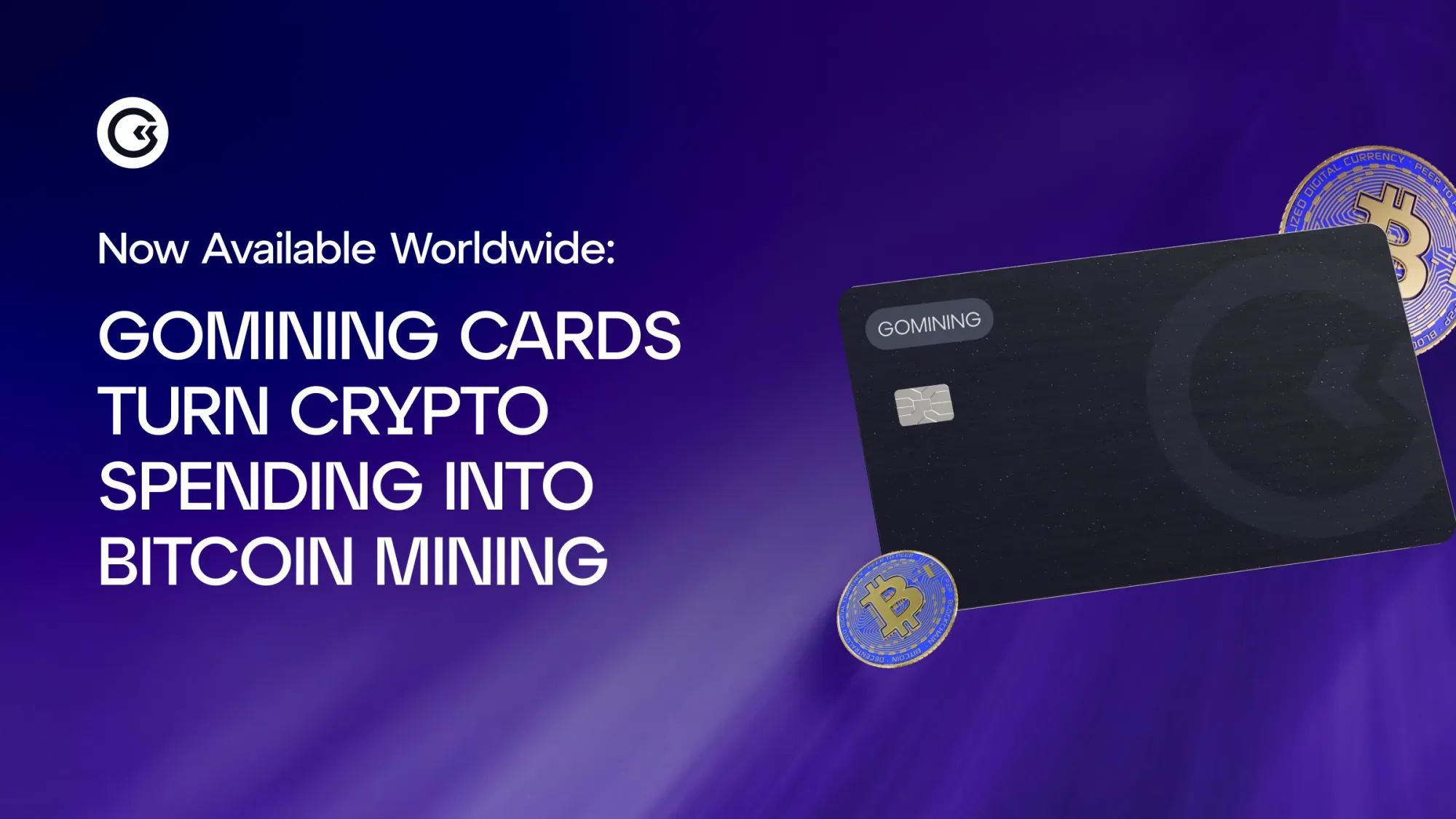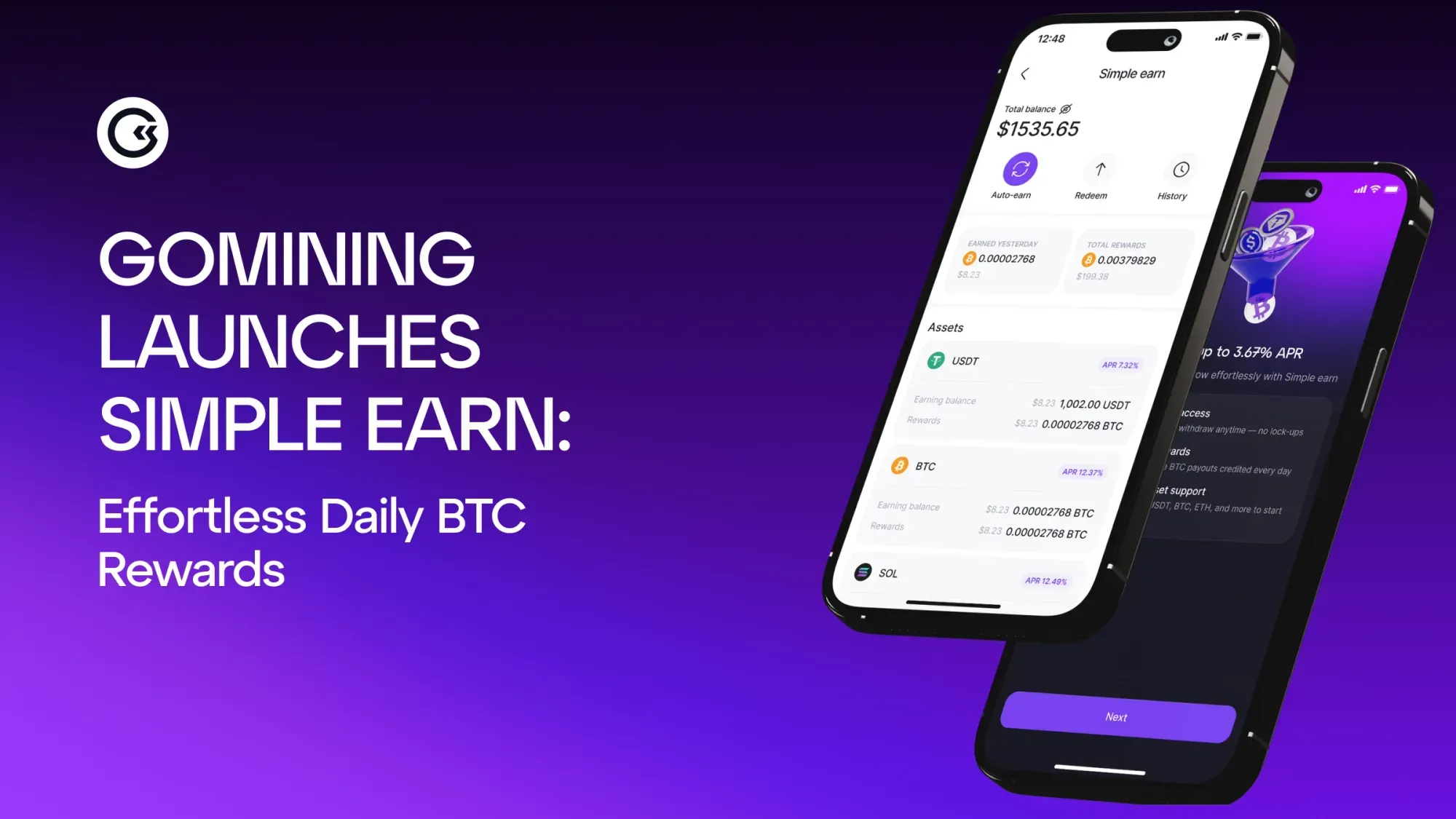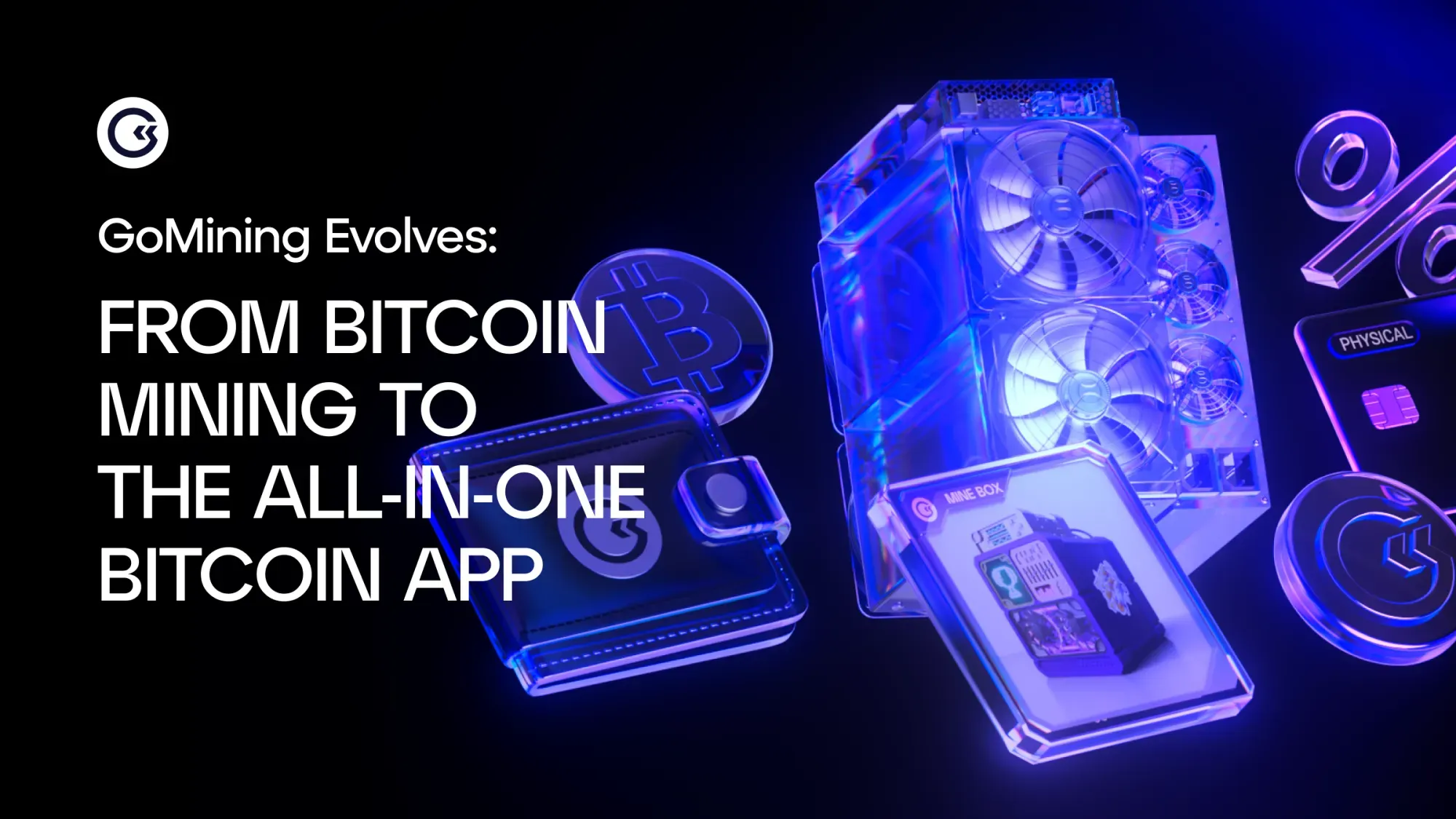What Are Cryptocurrency Credit Cards?
If you’re new to the world of cryptocurrencies, the idea of spending your digital coins can feel a bit confusing. You might be wondering, “Can I use my Bitcoin or Ethereum to buy coffee or pay rent just like with my regular credit card?” The answer is yes — and that’s where cryptocurrency credit cards come in.
Digital currency credit cards are a revolutionary financial tool that bridges the gap between traditional money and digital currencies. Instead of needing to first convert your digital tokens into cash before making a purchase, these cards let you spend your cryptocurrencies directly in everyday situations. Whether you’re buying groceries, booking a flight, or shopping online, you can use your digital asset holdings seamlessly — just like you would with any Visa or Mastercard debit or credit card.
This article will take you step-by-step through everything you need to know about these cards: from what they are and how they work, to the real advantages of crypto cards (like rewards, global acceptance, and added security), and the disadvantages you should consider before applying for one. We’ll also explore the leading players in this space — including popular Visa cryptocurrency cards like Crypto.com, Wirex, and BitPay — so you can decide which one fits your lifestyle best.
By the end, you’ll have a solid understanding of how to use digital currency cards to earn, spend, and enjoy your cryptocurrencies effortlessly, plus practical tips on choosing the best crypto credit cards for your needs.
How Crypto Credit Cards Work

At first glance, a cryptocurrency credit card looks and feels a lot like your everyday credit or debit card — it has a chip, a magnetic stripe, a card number, and it’s accepted at millions of merchants worldwide. But under the hood, it operates quite differently because it’s connected to your digital wallet rather than a traditional bank account.
Here’s how the process generally works:
- Linking Your Crypto Wallet:
When you sign up for a digital currency card, you’ll typically link it to a cryptocurrency wallet — an app or service where your digital assets are stored. This wallet could be part of the card provider’s platform or a third-party app like Coinbase or Gemini. Your virtual currency, like Bitcoin, Ethereum, or stablecoins, remain safely stored here. - Making Purchases:
When you use your digital currency card for an everyday purchase, the card provider automatically converts the amount you’re spending from your selected cryptocurrency into the local fiat currency (like USD, EUR, or GBP) at the point of sale. This conversion happens instantly behind the scenes, so the merchant receives traditional money, just as if you were using a regular credit card. - How Spending Works With Volatility:
Unlike traditional credit cards that draw from a fixed bank balance or credit line, the value of your decentralized currency assets can fluctuate rapidly due to market volatility. For example, if you hold Bitcoin and its price surges, your spending power effectively increases — you get to spend more value for the same amount of coins. Conversely, if Bitcoin’s price drops, your digital asset balance might cover fewer purchases than before. This dynamic means you’re not just spending money; you’re spending an asset whose value can rise and fall, adding a unique layer of complexity and opportunity. - Funding Your Card:
Some digital token cards require you to pre-load funds by converting crypto to a fiat balance first, functioning more like a debit card. Others allow direct spending from your crypto wallet, offering a more seamless experience. Either way, you always control which cryptocurrencies are used, and you can switch between coins or stablecoins depending on your preferences and market conditions. - Fees and Exchange Rates:
Providers usually charge crypto card fees to cover currency conversion and transaction processing. These can vary widely, so it’s important to check whether fees apply per transaction, on crypto-to-fiat conversions, or for card issuance and monthly maintenance. - Security and Compliance:
Just like traditional cards, these cards are equipped with fraud protection, encryption, and two-factor authentication to safeguard your assets. The key difference is that your actual digital assets remain stored on a blockchain-backed wallet, giving you more control and reducing risks linked to centralized bank accounts.
With this setup, crypto spending becomes as intuitive and accessible as using cash or credit — but with the added benefits and risks that come with the exciting world of blockchain assets. Whether you want to earn crypto rewards, diversify how you pay, or simply use your Bitcoin as real money, understanding these mechanics is essential to getting the most out of your card.
Popular Providers You Should Know
Several major players are pioneering the space of Visa cryptocurrency cards:
- Crypto.com Visa Card: Known for tiered rewards and stylish metal cards.
- BitPay Card: Easy-to-use, with good support for U.S. users.
- Wirex Card: Offers multi-currency support and lets you hold both fiat and digital currencies.
Others like Coinbase and Gemini also offer their own versions, giving users even more ways to integrate crypto into their daily lives.
Advantages of Cryptocurrency Credit Cards

Easy to Use for Everyday Purchases
One of the biggest advantages of cryptocurrency credit cards is how simple and familiar they feel for everyday use. Imagine using your card to buy groceries, fill up your car with gas, pay for your favorite streaming service, or shop online — all without needing to convert your tokens to cash first. With a crypto card, spending becomes just as easy as swiping a regular credit or debit card.
You don’t have to worry about selling your digital coins or transferring money to your bank account. The whole process happens quietly in the background, so you don’t have to do anything extra. This makes cryptocurrency more practical for daily life, helping users see how digital assets can be used in real-world purchases — a huge step toward mainstream adoption of cryptocurrencies.
No Need to Convert Crypto to Fiat
Traditionally, if you wanted to use cryptocurrencies like Bitcoin to pay for something, you’d first need to convert your crypto to fiat currency (like US dollars or euros) using an exchange. This process can be slow, confusing, and sometimes expensive due to fees and fluctuating exchange rates. It might require switching between multiple apps or wallets, which is frustrating for new users.
With this type of credit card, all of that hassle disappears. The card provider automatically handles the conversion for you at the moment of purchase, instantly turning your digital assets into the local currency the merchant accepts. This means you spend your cryptocurrencies directly without needing to plan or time your conversions. No extra steps, no waiting, and no separate transfers to your bank.
This smooth, real-time conversion is one of the main reasons why cryptocurrency payment cards are becoming so popular — they make it easier than ever to put your digital assets to work in everyday life.
Rewards and Cashback
Just like traditional credit cards, a Bitcoin credit card offers rewards programs that let you earn money back for spending. This might include Bitcoin cashback or other types of crypto rewards every time you make a purchase.
Depending on the card you choose, you could earn anywhere from 1% to 5% cashback in Bitcoin or other virtual currencies. Some cards even provide special perks like discounts on travel, free hotel stays, or flight upgrades. These rewards encourage users to use their crypto cards regularly, turning everyday spending into a way to earn more crypto over time.
What makes these rewards extra exciting is the potential for the crypto you earn to increase in value. For example, if you get Bitcoin cashback and the price of Bitcoin rises later, your rewards could be worth significantly more than their original value, making your purchases even more rewarding.
Global Accessibility
Another major advantage of cryptocurrency credit cards is their wide acceptance across the globe. Most cards are issued through networks like Visa or Mastercard, which means you can use them anywhere these networks are accepted — from small local shops to major online retailers.
This global reach makes digital asset cards ideal for travelers who want to pay with cryptocurrencies in different countries without dealing with complex currency exchanges or banking restrictions. Whether you’re shopping in Europe, Asia, or North America, your card acts like a digital wallet that works everywhere.
Plus, because the card converts your tokens to local currency instantly, you avoid the usual hassles of international payments, making cross-border purchases smoother and more convenient.
Security Features
When it comes to managing money—especially digital assets—security is a top priority. Fortunately, crypto card security is designed to be very strong and user-friendly.
Most virtual currency credit cards come with two-factor authentication (2FA), meaning you need to confirm your identity with an extra step (like a code sent to your phone) before making changes or purchases. This makes it much harder for hackers to access your account.
You’ll also get real-time alerts on your phone whenever your card is used, so you can immediately spot any suspicious activity. Leading card providers use bank-grade encryption and advanced fraud detection systems to protect your funds and personal details.
If your card is lost or stolen, you can usually freeze or cancel it instantly using the card provider’s app, preventing unauthorized use. All these features combined give you peace of mind when using your cryptocurrencies in everyday life.
Disadvantages of Cryptocurrency Credit Cards

High Fees
Let’s talk about crypto card fees. Some of these credit cards come with hefty annual fees, conversion fees, and withdrawal charges.
Depending on the card you choose, you might encounter a combination of costs, including fees for converting crypto to fiat at the time of purchase, monthly account maintenance, or even topping up the card balance. ATM withdrawals often incur their own fees, which can add up quickly if you rely on cash access.
These charges can eat into your crypto rewards and reduce the overall benefit of using the card—especially if you’re not a frequent user or don’t qualify for the provider’s premium tier benefits.
Limited Acceptance
While Visa cryptocurrency cards are accepted at millions of locations, some merchants still reject cards tied to virtual currencies. Also, online platforms or countries with strict regulations may decline crypto-related cards.
This limitation can lead to frustrating experiences, especially if you're relying on your crypto card while traveling or during an emergency. In some regions, local laws or anti-money laundering rules make it difficult to use crypto-based products, and certain businesses might block transactions coming from them.
Until global acceptance and regulation improve, digital currency card holders should always have a backup payment method.
Cryptocurrency Volatility
Another challenge is volatility. If the value of your digital assets suddenly drops, you could end up spending more than you planned. For example, if Bitcoin drops 10% between the time you load your card and when you use it, you’ve effectively lost part of your buying power.
Even though some providers let you load stablecoins to reduce this risk, price swings are still a major concern. In volatile markets, what seems like a routine purchase can end up being far more expensive than anticipated. Users must stay alert and time their spending wisely.
Regulatory Issues
The legal landscape for cryptocurrency credit cards is still forming. Regulatory issues can vary by country. In some places, cards have been blocked or banned due to unclear laws.
Governments and financial institutions are still figuring out how to treat crypto-linked cards. Changes in regulation can lead to service disruptions, account freezes, or restrictions on where you can use your card.
It's important to stay informed about the laws in your country and any recent updates from your card provider. Having a clear understanding of the regulatory environment can help you avoid headaches down the line.
Popular Cryptocurrency Credit Cards

The Crypto.com Visa Card is one of the best crypto credit cards available today. It features a tiered rewards system, allowing users to earn up to 5% cashback in CRO tokens, Crypto.com’s native virtual token. The higher your stake of CRO, the better your perks.
Additional benefits include airport lounge access, 100% rebates on Spotify and Netflix subscriptions, and no monthly or annual fees (for stakers). This card is fully integrated with the Crypto.com mobile app, making it easy to manage funds, convert digital assets, and track rewards. Of course, these perks are changing and updating all the time, and depend on the tier that you’re opting for and what’s available.
BitPay Card
The BitPay Card is perfect for U.S. residents and allows you to convert crypto to fiat instantly and spend it anywhere Visa is accepted.
Users can fund the card with multiple cryptocurrencies and enjoy real-time conversion at the point of sale. BitPay charges relatively low fees and provides a user-friendly app that helps track balances, view transactions, and manage card settings on the go.
Its simplicity and broad acceptance make it an ideal option for everyday crypto spenders.
Wirex Card
The Wirex Card offers flexible multi-currency support, letting you hold both crypto and fiat balances. It includes up to 8% crypto cashback on in-store and online purchases, depending on the card tier.
The Wirex app allows users to seamlessly switch between currencies, send and receive funds, and manage spending analytics. With support in over 200 countries and competitive interbank exchange rates, it’s a favorite for users who live a globally connected lifestyle.
How to Choose the Best Cryptocurrency Credit Card?

Choosing the best crypto credit card depends on your personal needs and goals. Here are a few key factors to consider:
First, examine the fees associated with the card. These include not only the annual fee but also transaction, conversion, and ATM withdrawal fees. Some cards may appear free at first glance but include hidden costs.
Next, evaluate the rewards system. If you plan to use your card frequently, a high Bitcoin cashback rate or travel perk can significantly enhance your value.
Also, check which cryptocurrencies are supported. Some cards limit you to Bitcoin and Ethereum, while others allow stablecoins, altcoins, or a mix of digital and fiat balances.
Security should be another top consideration. Look for providers that offer real-time monitoring, card freezing capabilities, and multi-layer encryption. Your virtual currency is valuable—make sure it’s well-protected.
Finally, consider global acceptance and any regional limitations. A great card should work smoothly both online and offline, wherever you go.
By matching your goals—whether earning rewards, saving on fees, or increasing flexibility—you can pick a card that enhances your crypto spending experience.
Earn Bitcoin Daily with GoMining
Want to boost your Bitcoin earnings without trading or mining rigs? Check out GoMining—a platform that lets you earn daily Bitcoin rewards through digital miners powered by real hashrate.
With GoMining, you don’t just hold crypto—you earn from it.
GoMining is beginner-friendly and designed for anyone who wants passive income from crypto. There’s no need for expensive equipment or deep technical knowledge. You simply choose your digital miner, monitor your rewards, and watch your Bitcoin grow daily.
If you're already into crypto or just learning the ropes, GoMining offers a low-barrier way to turn your interest into returns.
✅ Easy to start
✅ No technical skills required
✅ Transparent rewards based on real mining power
Join the GoMining ecosystem and turn your wallet into a daily income stream.
Conclusion
Cryptocurrency credit cards are a major step forward in making digital assets part of our daily lives. They let you buy, spend, earn, and enjoy crypto just like you would with traditional money.
While there are clear benefits—like ease of use, Bitcoin cashback, and global reach—users should be aware of the fees, volatility, and regulatory limitations that still exist.
Still, for many crypto enthusiasts, the ability to spend directly from their wallets is game-changing.
You may just be starting out or looking to optimize your crypto spending, these cards offer a flexible and innovative way to make your digital assets work for you.
Be sure to explore your options, compare the advantages of crypto cards, and choose a provider that fits your lifestyle and financial goals.
August 11, 2025












